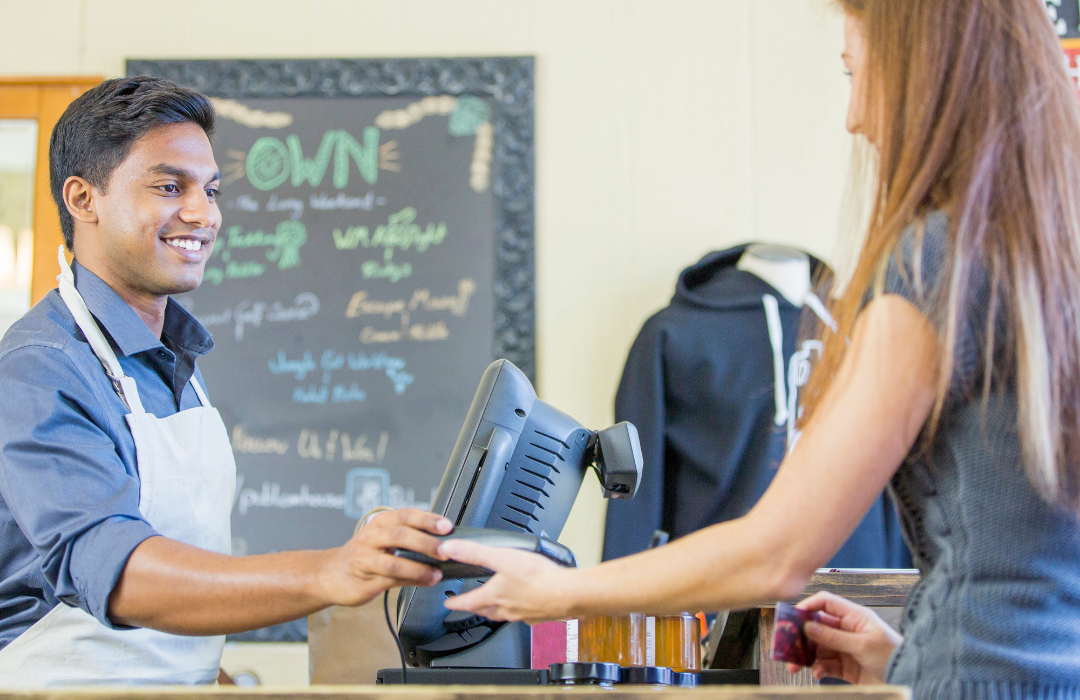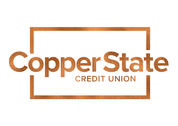How to Practice Debit Card Fraud Awareness Online and In Person
Simple daily habits could reduce the possibility of you falling victim to debit card fraud. Could you be doing more? Identity theft protection is an essential step towards financial freedom, and although debit card fraud is a type of identity theft that usually happens online, it can still happen in person. Use these guidelines to prevent debit card fraud in any form!
Debit Card Fraud Awareness Online
Debit cards are a great financial tool that can be used for anything, from day-to-day transactions to monthly payments. Plus, they’re a great debt-free alternative to a credit card! However, chances are high that you or someone you know has encountered debit card fraud at some point.
Digital fraud is when your information is stolen online, whether it be via online scam or fraudulent debit card transaction. Because we've gotten so comfortable making digital payments online, check out these precautions:
Protect Yourself from Digital Debit Card Fraud By:
Setting Up Alerts
Setting up alerts in online banking, particularly debit card transaction alerts and low balance alerts, means you can be notified of debit card fraud before you see it on your monthly statement. This makes it easier to close the card and alert the institution before more fraud takes place. Alerts are easy to set up via online banking or mobile banking if you're a current Copper State CU member.
Change Your Online Banking Password
.gif?width=278&height=334&name=Untitled%20design%20(6).gif)
Change your online banking password to make it WAY less likely someone hacks your account.
To make your new password more secure, it should have at least twelve characters and ideally include uppercase and lowercase letters, numbers, symbols and spaces.
Don’t Share Your Financial Information with Anyone!
Even if you think you can trust the person with whom you are sharing your personal financial information, don’t. This is often how fraudsters get away with money scams. Keep in mind that your finances are an essential part of your life, not anybody else’s.
Want your kids to learn this skill at a young age? It's never too early to start building awareness of financial safety and security. Try to improve their online safety with these online games for kids.
Use Secure Websites
Before you input any of your financial information online, make sure the website you are on reads “https” (as opposed to “http”).
The ‘s’ signifies that the website is secure. You can also see that the website is safe if there is a padlock icon next to the URL.
Use a Password Manager
Try a credible, encrypted password manager like Dashlane or LastPass.
These programs will help you to keep track of all your passwords without using a word doc (or notebook in your desk drawer) to write them down. Many password managers have free limited versions as well as paid plans with upgraded features.
Debit Card Fraud Awareness In Person
Although digital debit card fraud is more prevalent today than ever, it is not the only form of debit card fraud. Physical information security (when you’re using your debit card in person) is still a concern—we still have fraudsters searching through trash for personal info they can exploit, installing debit card fraud skimmers on ATMs and gas station terminals, as well as other schemes.
Protect Yourself from Physical Debit Card Fraud
-1.png?width=752&name=Untitled%20design%20(30)-1.png)
Check Your Surroundings
If the setting you plan to use your debit card in looks unusual, don’t swipe or insert your card. If a card reader looks suspicious or unusual, don’t use it! Alert store staff and move on.
Change Your Debit Card PIN If It’s Been Compromised
PIN stands for personal identification number and is often used with debit cards. Sometimes, your bank or credit union offers a zero liability policy with your debit card. However, this policy may not cover you if your PIN was stolen. This is why it is essential to change your PIN the second you think it’s become compromised to avoid falling victim to debit card fraud. Or, make a habit of changing it once per year just to be safe.
Charge as "Credit" Instead of Debit, When Possible
Minimize the number of times you have to type in your PIN by opting to run your debit card as credit at the time of purchase. The less you have to use your PIN, the less susceptible you are to becoming a victim of fraud. Your Copper State CU MastercardTM debit card offers zero liability when you sign for purchases so that you are not responsible for fraudulent card use, online or offline.

Monitor Your Monthly Statements
For all the paper monthly statement users out there, did you know there's another way? Go digital and sign up for monthly eStatements at your credit union or bank. That way, it ensures no eyes will see your monthly statements but your own (and likely saves you money!).
If you decide against the paperless format, be sure to store your monthly statements securely, or shred documents/receipts when you’re finished using them.
Contact Your Credit Union Right Away If Your Debit Card Has Been Lost or Stolen
The quicker you report debit card fraud to your credit union, the more likely it is that you will not be held liable for any unauthorized charges. One of the most damaging debit card fraud schemes of 2023 is called Card Cracking. Read about it to make sure you don't fall for this get-rich-quick scheme, usually initiated on social media. And always contact your institution if you have any questions about debit card fraud or to report a stolen/lost card.
And for even more helpful information, head on over to our Fraud Help Center for resources, videos, quizzes and a step-by-step guide on what to do if you think you've been the victim of fraud or a scam.
Sources:
https://www.ramseysolutions.com/banking/debit-card-fraud
https://www.nerdwallet.com/article/banking/debit-card-fraud-act-fast-to-protect-your-money
https://www.experian.com/blogs/ask-experian/how-to-prevent-debit-card-fraud/
https://www.consumer.ftc.gov/articles/0213-lost-or-stolen-credit-atm-and-debit-cards
This article is intended to be a general resource only and is not intended to be nor does it constitute legal advice. Any recommendations are based on opinion only.

-3.png)
.gif?width=300&height=300&name=Untitled%20design%20(8).gif)